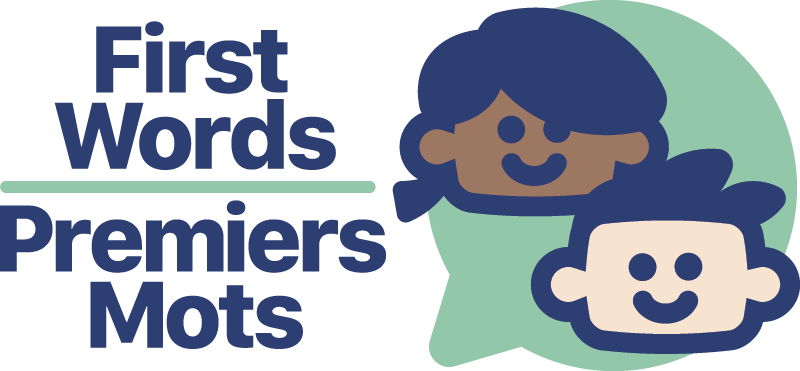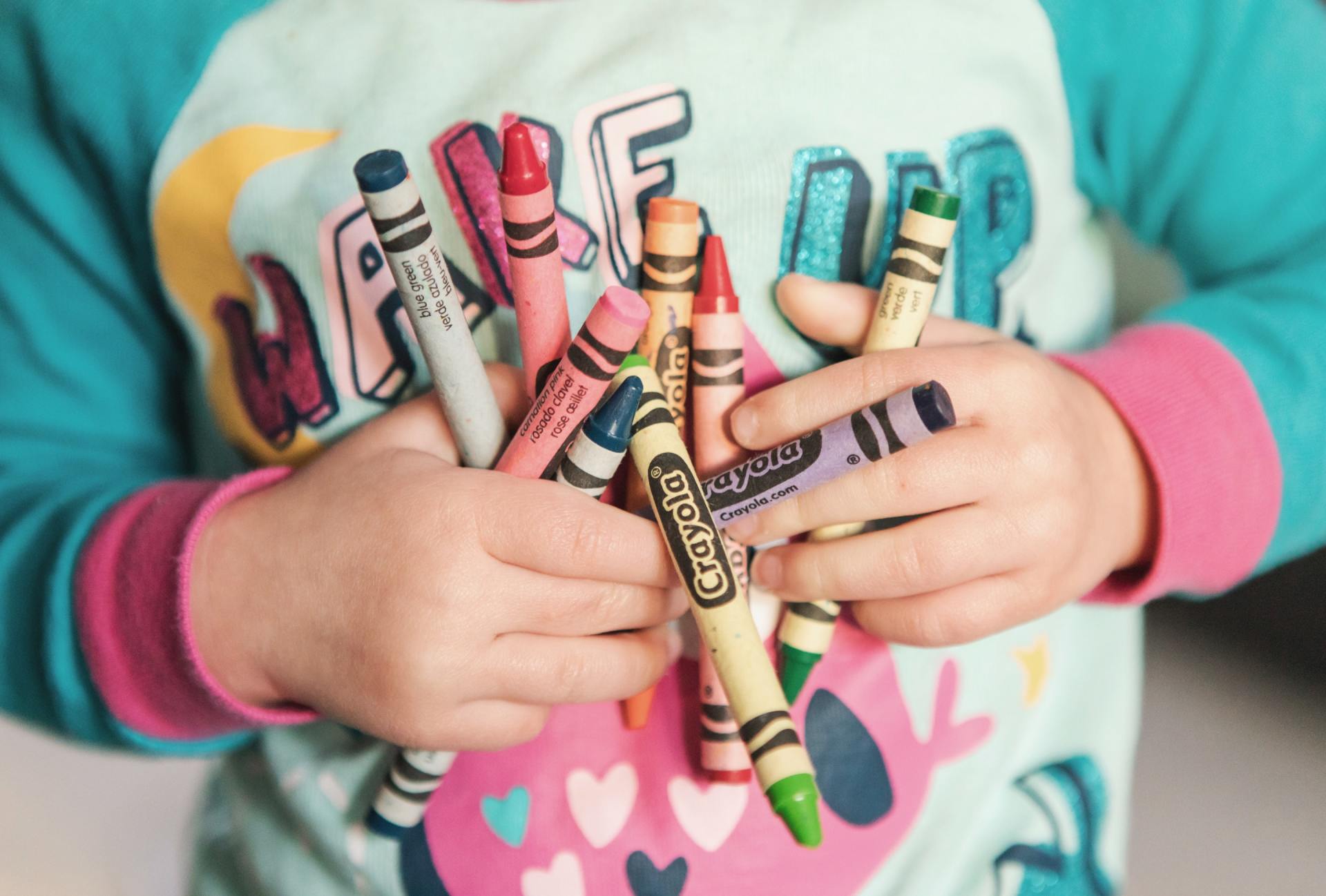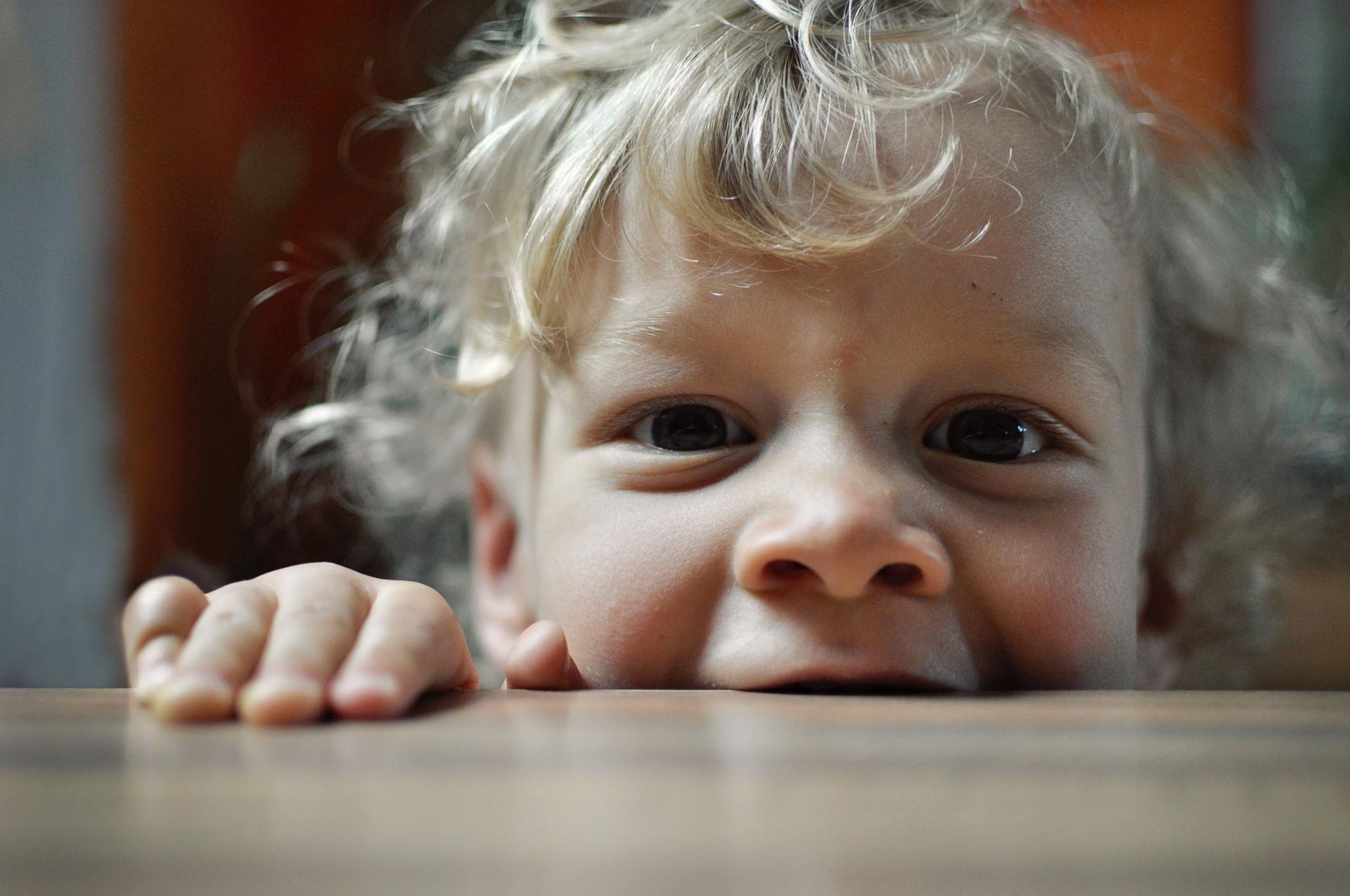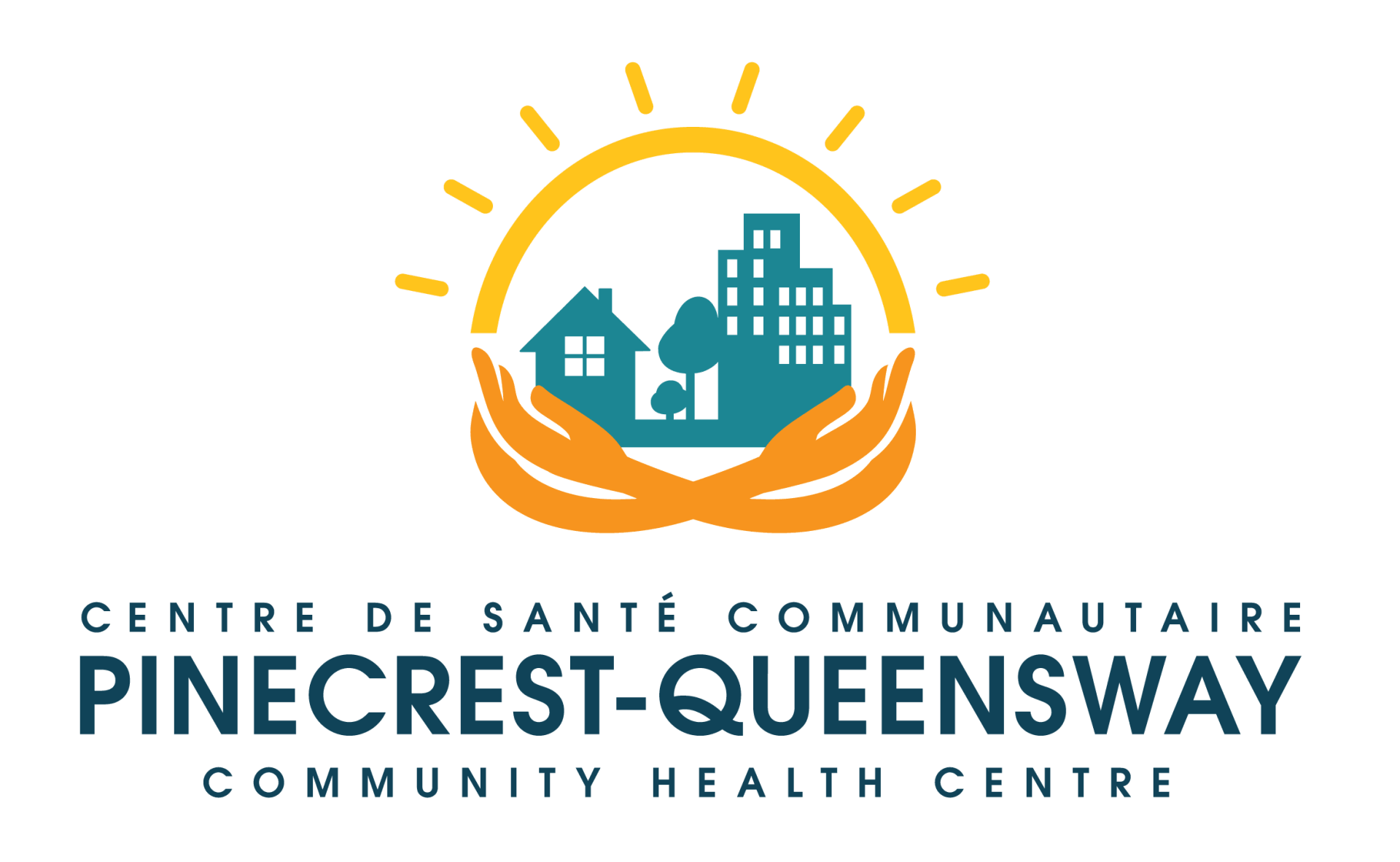Baby Talk Tips
First Words Ottawa & Renfrew County • March 21, 2020
Every Day Tips to Help Babies Talk
MEAL TIME
Download PDF
- Give your baby kitchen objects to play with in the high chair while you prepare the food - measuring cups, wooden spoons, plastic bowls.
- Label the foods that you are preparing - if appropriate let the baby taste.
- Label the actions you are doing - cutting carrots, washing lettuce, pouring milk…
- Talk about the sounds in the kitchen like the kettle boiling, the popcorn popping or the oven timer beeping.
- When your child is finished, you can model words like “all done”, “finished”, “all gone”.
BATH TIME
- Name each body part as you wash it.
- Put a favourite toy (like a rubber duck) just out of reach and wait to see how they communicates to you that they wants it. Are they communicating by reaching, looking, using a sound or a word?
- Practice turn-taking with your baby - use a plastic cup to fill and pour water. First, you do it. Then, allow your baby a turn to try.
- Sing - “This is the way we wash our face, wash our face, wash our face...”.
DIAPER CHANGES AND DRESSING BABY
- What a great time for a game of peek-a-boo!
- Sing some songs while you’re diapering/dressing - your baby will be entertained and learning at the same time. Chant “This Little Piggy” or sing “Head and Shoulders, Knees and Toes”.
- Hang some pictures for your baby to look at during diaper changes. Use photos of family members who live far away or pictures of familiar things.
STORY TIME
- Babies explore with their mouths and hands. It’s okay if they want to “eat” the book!
- Provide board books that are small so that baby can hold the book with their small hands.
- You can use a 2-book strategy; one book for baby to hold and mouth, and one book for you to read to baby.
- Consider reading when your baby is a “captive audience” such as in the highchair during snack, during car or bus travel.
- Visit your local library - it’s FREE!
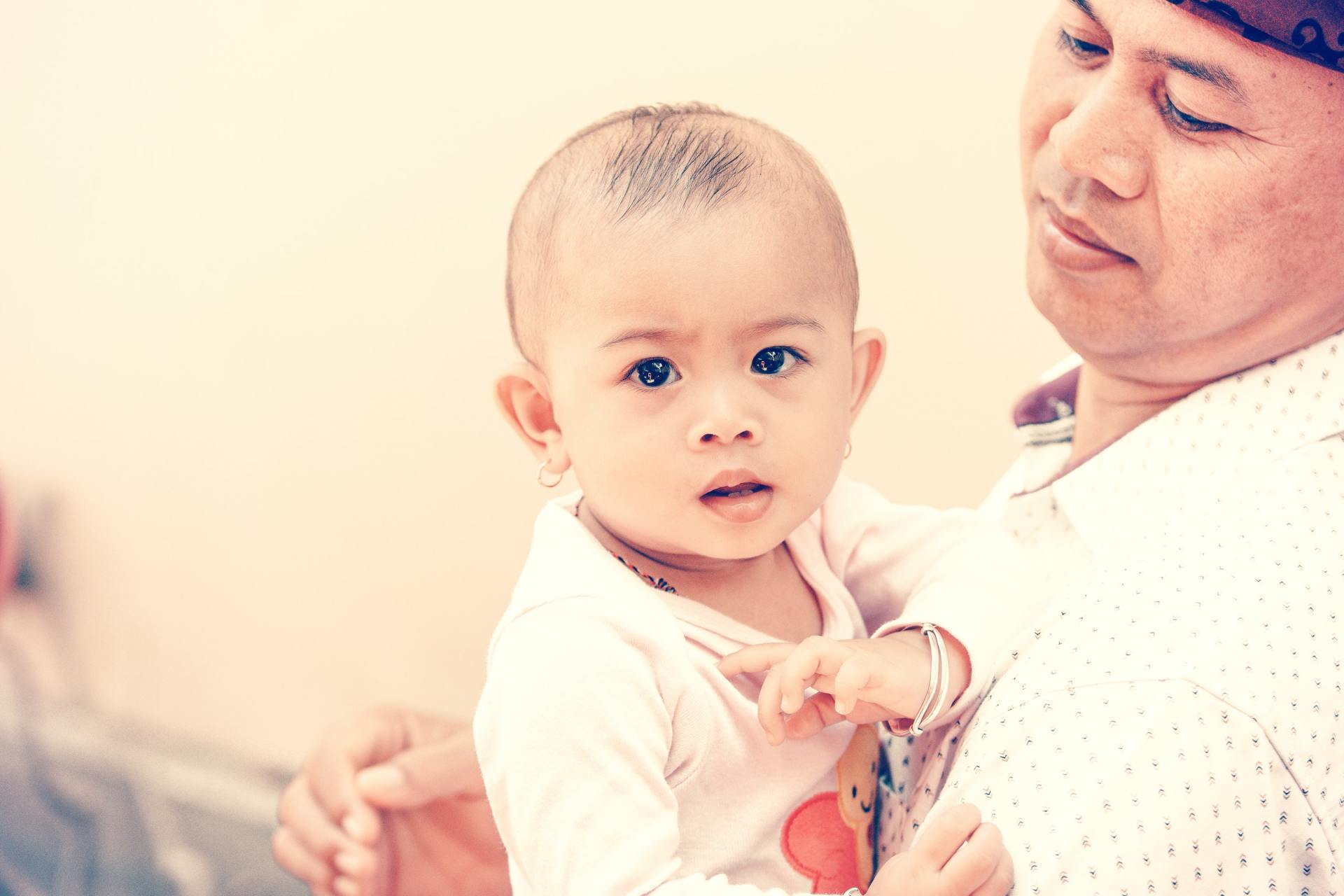
Although young babies don’t understand the meaning of your words, they understand a lot by the way that you touch and hold them. They also learn from the expression on your face, the tone of your voice and the gestures that you make. Remember it is by talking to them that they learn words. Surround your baby with words when you feed, diaper and play with them.

